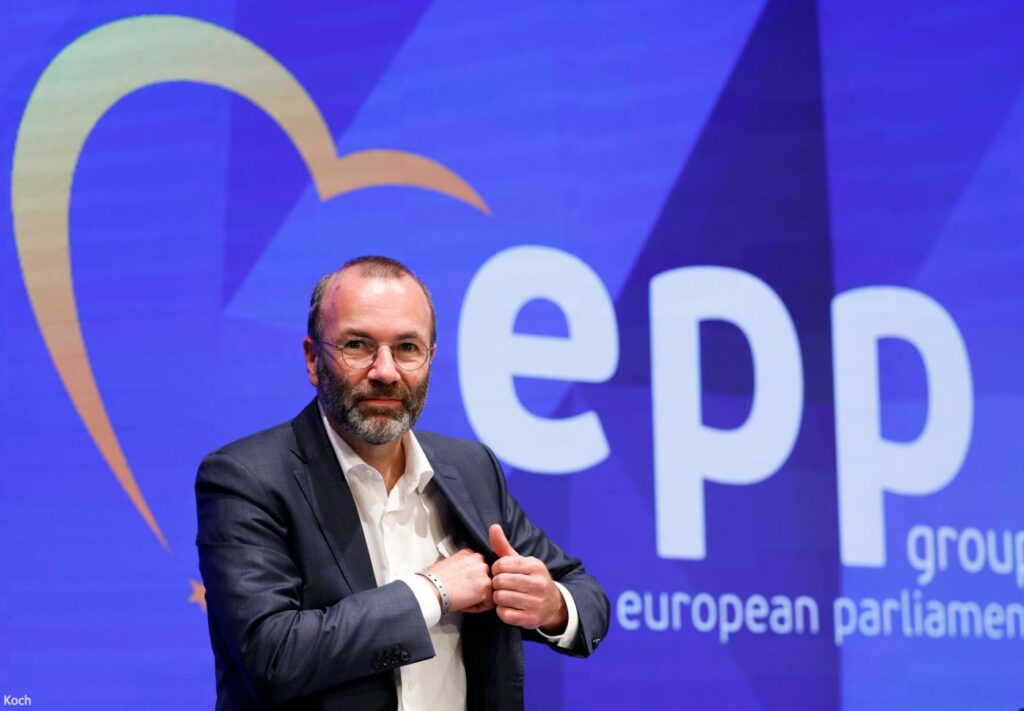The European People’s Party (EPP), who claims to defend agriculture, on Friday voiced its opposition to two major legislative proposals to restore damaged ecosystems by 2050 and reduce the use of chemical pesticides 50% by 2030.
Opposing two key aspects of the European Green Deal, the EPP wants to present itself as “the voice and defender of European farmers and rural communities.”
It considers the pesticide reduction targets to be too high, which would jeopardise Europe’s food security and the viability of farming businesses in the absence of a satisfactory alternative.
The EPP wants to present itself as “the voice and defender of European farmers and rural communities.” It considers the pesticide reduction targets to be too high, claiming it would jeopardise Europe’s food security and the viability of farming businesses in the absence of a satisfactory alternative.
Belgian MEP and co-leader of the Greens/EFA group, Phillipe Lamberts, called out the party's stance on social media: "The EPP's campaign in favour of pesticides and against the nature restoration law is an attack against their own Ursula von der Leyen, and this inner-party power struggle is fought on the back of farmers & nature."
The umbrella group of Europe’s Christian Democrat and Conservative parties, the largest political force in the European Parliament, adopted a resolution against the proposal at a meeting in Munich, Germany.
“We want to sound the alarm on these directives that are being negotiated, we don’t want to block them,” a spokesperson for the EPP group in the European Parliament said on Friday, “but the pace they are imposing risks ruining European agriculture.
Related News
- Belgian police raid European People’s Party's offices in Brussels
- ‘Deeply wrong’: EPP conservatives pull out of spyware mission to Greece
- EU told to reduce use of 'devastating' pesticides
As for the proposal on nature restoration, the EPP is “firmly opposed to the objective of removing 10% of agricultural land from production” (in fact the share of agricultural land that would be dedicated to “nature diversity”, editor’s note). He also points to the bureaucracy generated by the current legislation.
When it proposed these texts almost a year ago, the European Commission led by Ursula von der Leyen – an EPP member herself – had nevertheless assured that they were aimed at ensuring food security. The European Parliament and the Council (Member States) have yet to agree on the proposals.
In Belgium, the CD&V called a fortnight ago for Flemish Environment Minister Zuhal Demir (N-VA) to coordinate with the Netherlands and Denmark to oppose the nature restoration proposal. “No one, and certainly not the CD&V, is questioning the substance of this legislation, but it does not give enough space to pragmatic solutions,” said CD&V MEP Tom Vandekendelaere.
The European Parliament will debate on Wednesday in Strasbourg the role of agriculture in the green transition and the fight against climate change, a debate requested by the right and the far-right in the parliament.

